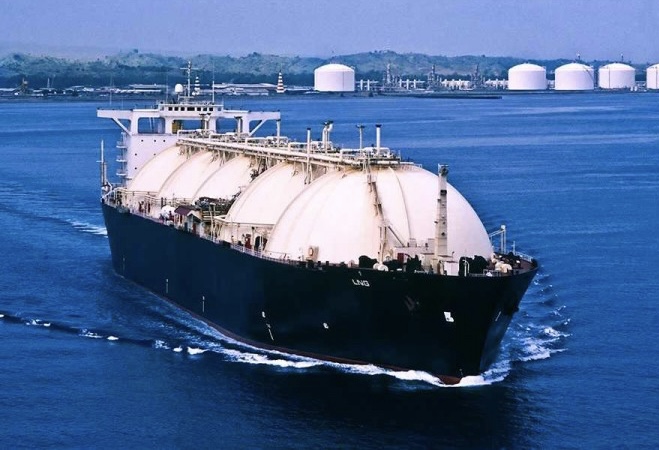KEY POINTS
- Egypt delays LNG shipments amid cooling power demand and declining domestic gas production.
- Energy ministry prioritizes an efficient energy mix and reduced import costs.
- Postponed cargoes free LNG supplies for European buyers during rising winter demand.
Egypt is reassessing its liquefied natural gas (LNG) import strategy as domestic power demand cools, seeking to optimize its energy mix and reduce costs.
The government recently diverted several incoming LNG shipments, citing a shift in energy requirements and efforts to lower the nation’s import bill, the energy ministry said in a statement Saturday.
According to Bloomberg news, the ministry emphasized the flexibility of existing contracts, allowing for adjustments to delivery timelines to align with updated production and consumption models. This approach aims to “achieve the optimal and most efficient energy mix” while minimizing expenditure on imported fuel.
Lower demand and strategic adjustments
Egypt’s LNG import needs surged earlier this year due to soaring electricity demand during an exceptionally hot summer and a decline in domestic gas production. However, with cooler weather reducing power consumption, authorities have begun rescheduling LNG deliveries from this quarter to the next, a person familiar with the matter said.
According to data from the Joint Organizations Data Initiative, Egypt’s gas production in September was down 19% year-on-year. Despite these declines, the postponement of LNG cargoes aligns with Egypt’s broader strategy to adapt to fluctuating demand and conserve financial resources.
Economic context
The shift comes as Egypt grapples with broader economic pressures, including a drop in revenue from the Suez Canal. Commercial shipping activity through the canal has decreased following Houthi attacks in the Red Sea, further straining the nation’s finances. By delaying LNG shipments, Egypt not only curtails its energy spending but also releases additional LNG cargoes into the market, benefiting European buyers amid rising winter demand and prices.
It remains unclear how these rescheduling efforts will impact Egypt’s plans to procure more LNG for the first quarter of 2024.
Addressing infrastructure concerns
In response to rumors of operational issues at the Ain Sokhna floating LNG terminal, Egypt’s energy ministry denied any disruptions. “The regasification unit is operating without any issues that would hinder meeting the market’s natural gas needs,” the ministry stated, refuting reports circulating online.
The terminal, leased earlier this year, is expected to help tackle acute power shortages, and remains a cornerstone of Egypt’s energy strategy as the country balances domestic demand with its import commitments. As Egypt adjusts its LNG procurement and delivery strategies, the focus remains on achieving energy efficiency, sustaining power supply, and addressing economic challenges. The government’s careful recalibration highlights its commitment to navigating shifting market dynamics while ensuring energy security.



